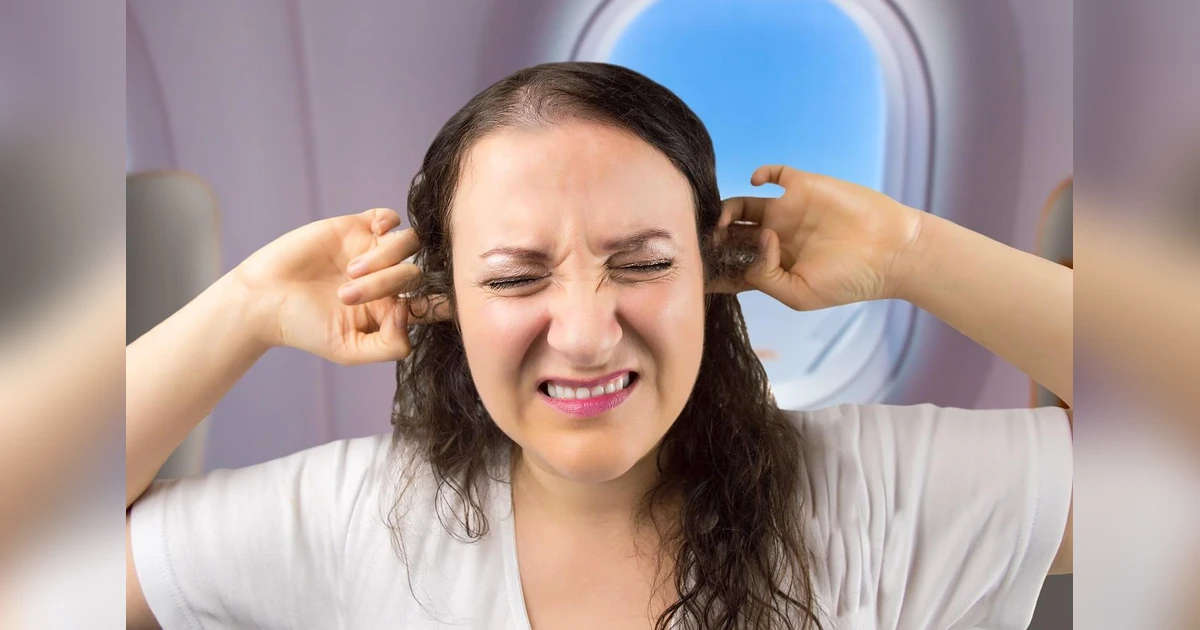The familiar sensation of ears popping mid-flight is a common experience for many air travelers, primarily caused by rapid alterations in cabin air pressure, particularly during ascent and descent. This physiological response, while often mild, can sometimes lead to significant discomfort or even pain, a condition known as ear barotrauma, highlighting the delicate balance required for our auditory system to adapt to varying atmospheric conditions.
Understanding the mechanics behind this phenomenon is crucial for effective ear pressure relief. The Eustachian tube, a slender passage connecting the middle ear to the back of the throat, plays a vital role in equalizing the internal pressure within the middle ear with the external environment. Its proper function is essential for preventing blocked ears after flying and ensuring overall ear comfort during air travel.
Dr. Deepti Sinha, a lead consultant in ENT, explains that the ‘pop’ occurs as this tube opens to allow air to flow in or out, thereby balancing the pressure on both sides of the eardrum. During takeoff, as the plane climbs, the external air pressure decreases rapidly, necessitating air to move into the middle ear. Conversely, during descent, outside pressure increases, and air must escape the middle ear to prevent discomfort.
For individuals experiencing persistent or severe ear pain while flying, underlying conditions such as Eustachian tube dysfunction can exacerbate the issue. This condition arises when the tube does not open or close efficiently, leading to prolonged pressure imbalances and discomfort. It’s a key factor for those seeking how to stop ear popping on flights effectively.
Furthermore, various factors can heighten the susceptibility to airplane ear. Traveling with a cold, allergies, or a sinus infection significantly impairs the Eustachian tube’s ability to equalize pressure, leading to increased pain, a sensation of fullness, or even temporary hearing reduction. Addressing these conditions before travel is a crucial tip for ear pressure relief.
Despite common misconceptions, technological aids like hearing aids or cochlear implants are not adversely affected by cabin pressure changes. Individuals using these devices will still experience the same ear popping sensations as anyone else, purely due to the Eustachian tubes’ response to pressure shifts, underscoring that general travel health advice applies universally.
Fortunately, several simple yet effective strategies can help mitigate the discomfort of ear popping during flight. Dr. Sinha advises resorting to standard tricks such as swallowing, yawning, or chewing gum. These actions stimulate the muscles that help open the Eustachian tubes, facilitating the necessary air exchange and promoting better flying comfort tips. These practical solutions offer immediate relief and contribute significantly to a more pleasant air travel experience.






Leave a Reply